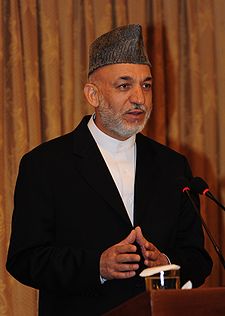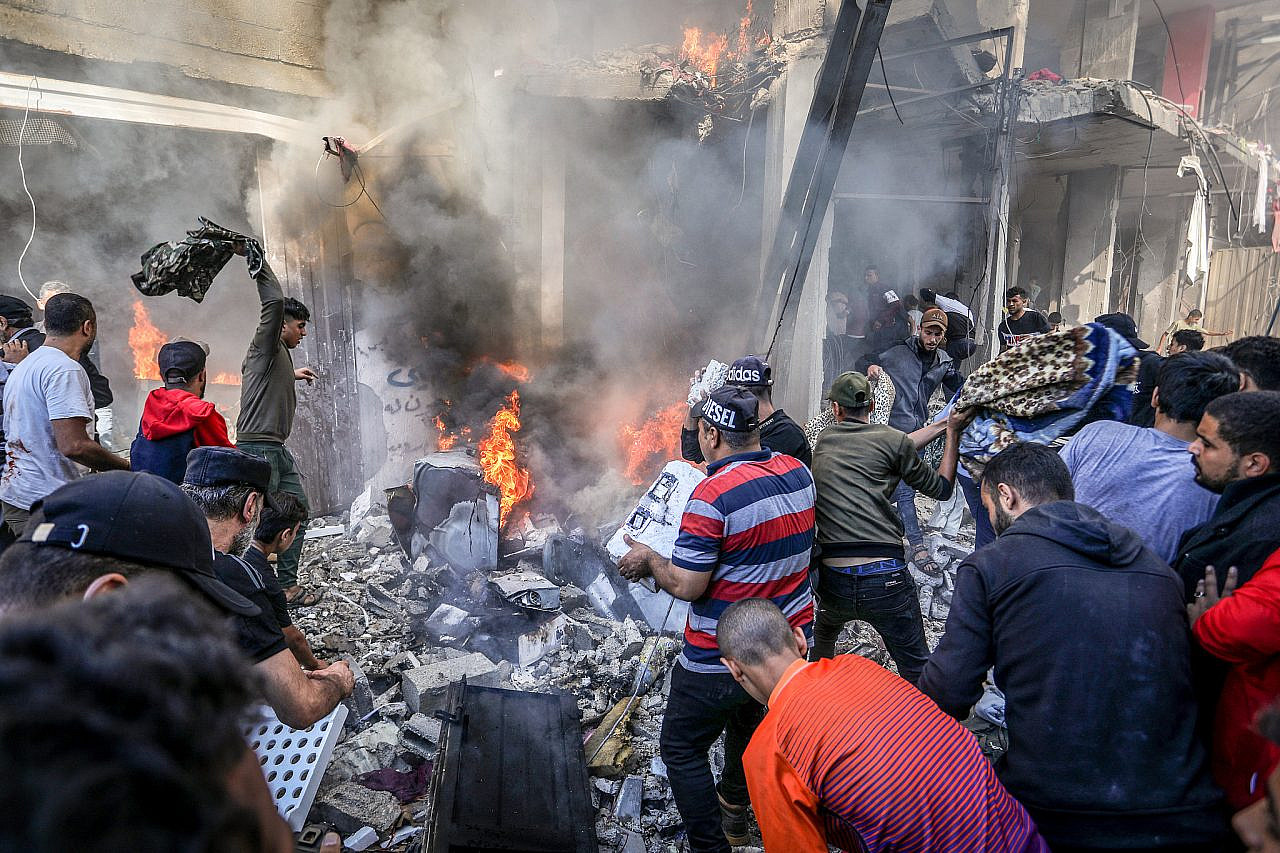 Under a new anti-corruption strategy for Afghanistan, the U.S. government won't aggressively pursue top Afghan officials suspected of malfeasance, conceding that "limited judicial capacity and political interference" from President Hamid Karzai's government make success in prosecuting them unlikely.
Under a new anti-corruption strategy for Afghanistan, the U.S. government won't aggressively pursue top Afghan officials suspected of malfeasance, conceding that "limited judicial capacity and political interference" from President Hamid Karzai's government make success in prosecuting them unlikely.
Instead, the document, obtained by McClatchy, puts a priority on fighting corruption at the local level and strengthening Afghan institutions to deal with it, through an array of new and existing initiatives. Whether that approach will make a difference remains unclear.
When it comes to dealing with corrupt senior Afghan officials, the Obama administration "may be compelled to act unilaterally" when the Afghan government won't, by freezing the officials' financial assets in the U.S. or preventing their travel here, the strategy says.
The strategy is designed to direct U.S. government efforts against one of the most serious problems threatening President Barack Obama's counterinsurgency effort in Afghanistan, backed by nearly 100,000 U.S. troops. The U.S. policy in Afghanistan, backed by billions of dollars in development projects, is aimed largely at persuading Afghans to trust and support their own, insurgent-threatened government.
The anti-corruption plan was delayed for months by vigorous disagreements between officials in Washington and the U.S. Embassy in Kabul, according to U.S. officials and government audit reports. The shift away from prosecuting high-level Afghan powerbrokers reflects deep tensions with Karzai over the issue, which exploded into public view last summer.
In the most notable case, Karzai intervened to have a top aide released from prison after he was arrested by the Major Crimes Task Force, a U.S.-backed investigating body. The Afghan government dropped all charges against the aide, Mohammad Zia Salehi, in November.





:focal(1285x1016:1286x1017)/https://tf-cmsv2-smithsonianmag-media.s3.amazonaws.com/filer_public/d1/4e/d14ed238-3b62-4506-9f53-fc2178dade60/nov2025_d17_prologue.jpg) In the fall of 1945, a bit more than six years after Nazi Germany invaded Poland...
In the fall of 1945, a bit more than six years after Nazi Germany invaded Poland... The United States will mark the 84th anniversary of the Japanese attack on the U.S. naval...
The United States will mark the 84th anniversary of the Japanese attack on the U.S. naval... In 2021, a book titled “The Human-Machine Team: How to Create Synergy Between Human and Artificial...
In 2021, a book titled “The Human-Machine Team: How to Create Synergy Between Human and Artificial...






























